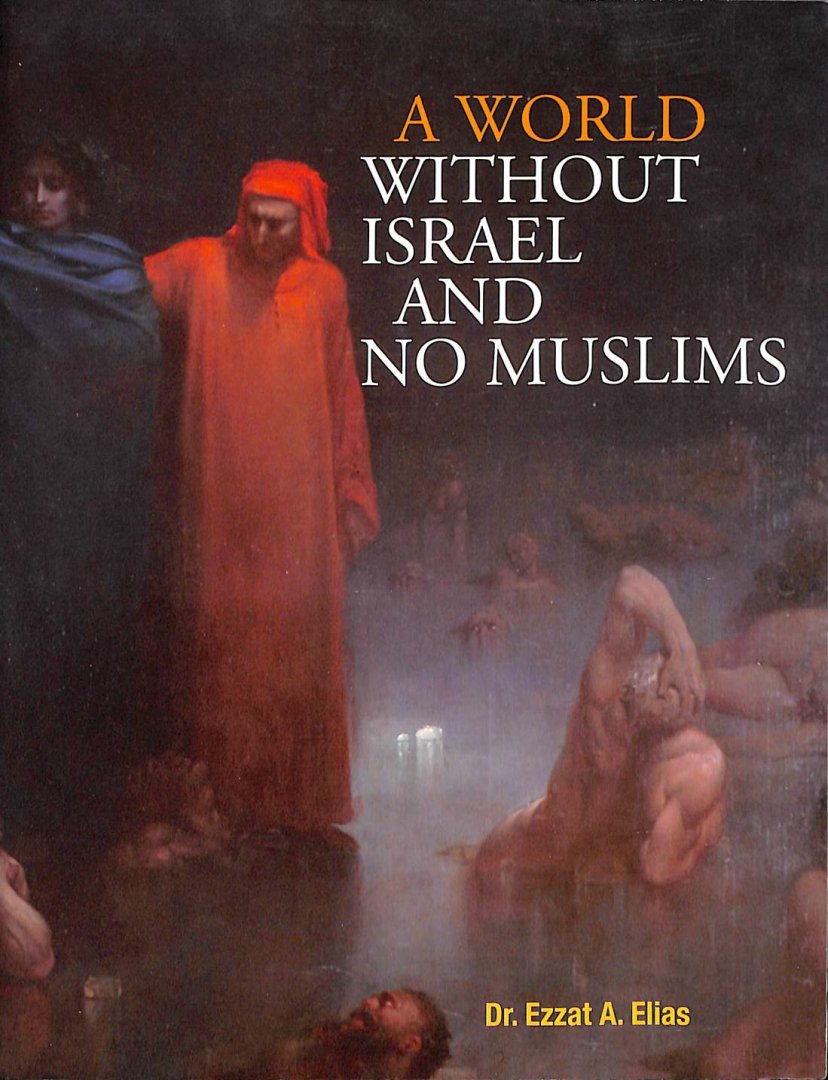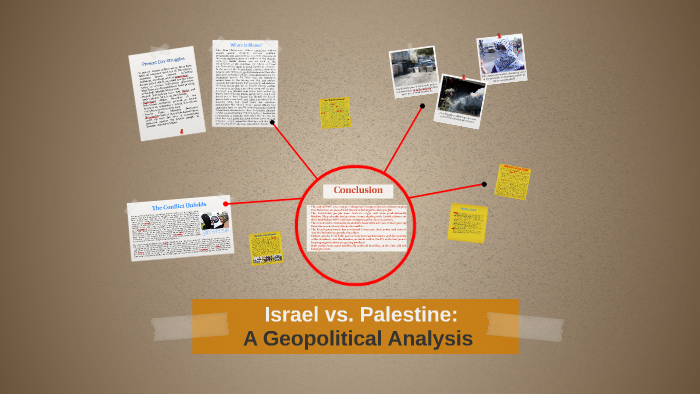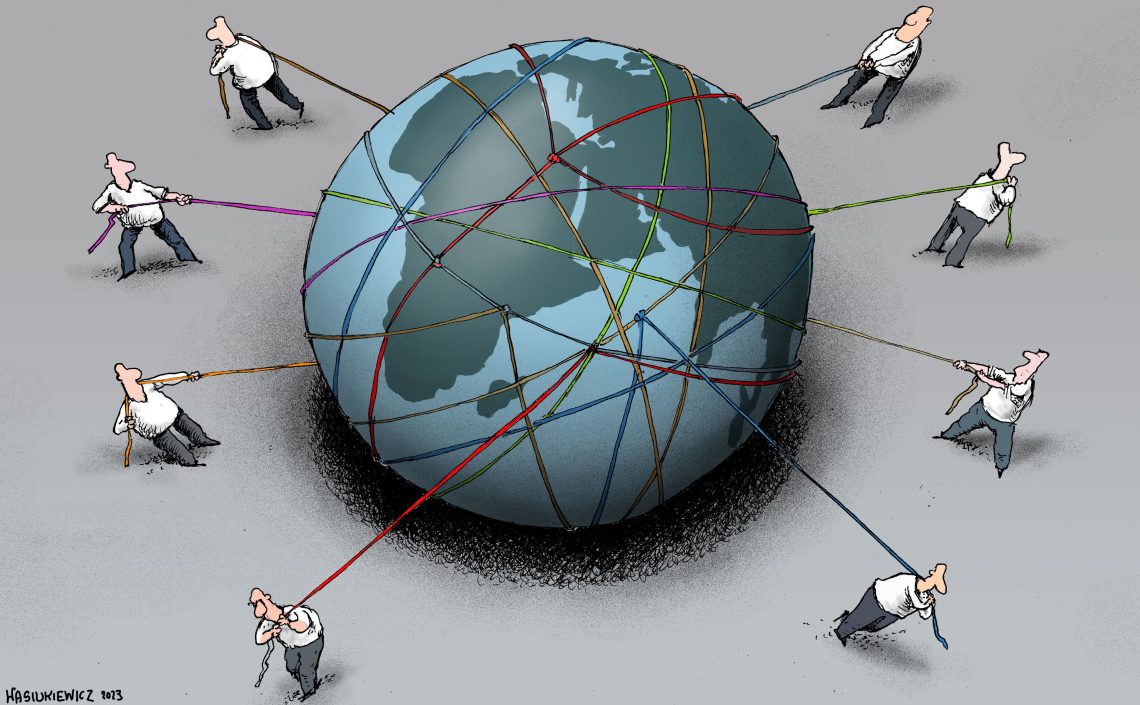The World Without Israel: A Hypothetical Exploration Of Geopolitical Dynamics
The World Without Israel: A Hypothetical Exploration of Geopolitical Dynamics
Related Articles: The World Without Israel: A Hypothetical Exploration of Geopolitical Dynamics
Introduction
With enthusiasm, let’s navigate through the intriguing topic related to The World Without Israel: A Hypothetical Exploration of Geopolitical Dynamics. Let’s weave interesting information and offer fresh perspectives to the readers.
Table of Content
The World Without Israel: A Hypothetical Exploration of Geopolitical Dynamics

The concept of a world without Israel, while a hypothetical scenario, offers a compelling lens through which to analyze the complex geopolitical landscape of the Middle East and its global ramifications. This exploration does not aim to endorse any particular political stance, but rather to examine the potential consequences of such a hypothetical situation.
Historical Context:
To understand the implications of a world without Israel, it is crucial to consider the historical context that shaped the region. The establishment of Israel in 1948, following the British withdrawal from Palestine, triggered a series of conflicts and ongoing tensions that continue to this day. The Arab-Israeli wars, the Palestinian struggle for self-determination, and the broader regional power dynamics are inextricably linked to the existence of Israel.
Geopolitical Implications:
A world without Israel would present a vastly different geopolitical landscape. The following are some key considerations:
- Regional Power Dynamics: The absence of Israel would significantly alter the balance of power in the Middle East. The removal of a powerful military force and a key US ally could potentially lead to increased instability and conflict. The regional dynamics would be reshaped, with the potential for new alliances and rivalries to emerge.
- Palestinian Statehood: The absence of Israel would likely lead to the creation of a Palestinian state. The nature and boundaries of such a state, however, would be subject to complex negotiations and potential conflicts. The unresolved issues surrounding Jerusalem, refugees, and territorial claims would require delicate and sensitive diplomacy.
- International Relations: The absence of Israel would have a profound impact on international relations. The US’s strategic partnership with Israel would be significantly altered, potentially leading to changes in US foreign policy in the region. The role of other international actors, such as Russia and China, could also be affected, with the potential for increased influence in the Middle East.
- Economic and Social Impacts: The economic and social implications of a world without Israel would be multifaceted. The absence of Israel’s high-tech industry and agricultural innovations would have a significant impact on the regional economy. The displacement of millions of Palestinian refugees and the potential for renewed conflict could also have a devastating impact on the region’s social fabric.
Challenges and Opportunities:
A world without Israel would present both challenges and opportunities. While the potential for instability and conflict is significant, the absence of Israel could also create opportunities for dialogue, cooperation, and peacebuilding.
Challenges:
- Resolving the Palestinian Issue: The absence of Israel would not automatically resolve the Palestinian issue. Complex negotiations would be required to establish a Palestinian state, determine its borders, and address the issue of refugees. The potential for violence and instability remains high.
- Regional Stability: The absence of Israel could destabilize the region, potentially leading to a power vacuum and renewed conflicts between Arab states. The presence of external actors, such as Iran, could further complicate the situation.
- International Relations: The absence of Israel would significantly alter the geopolitical landscape, potentially leading to new alliances and rivalries. The US’s role in the region could be diminished, while other actors, such as Russia and China, could gain increased influence.
Opportunities:
- Peace and Cooperation: The absence of Israel could create an opportunity for dialogue and cooperation between Arab states and Palestinians. A focus on economic development, shared resources, and regional integration could foster stability and prosperity.
- Regional Integration: The absence of Israel could encourage regional integration, with Arab states working together on economic, social, and political issues. This could lead to greater stability and prosperity for the entire region.
- Focus on Development: The absence of Israel could allow the region to focus on development and human rights, addressing issues such as poverty, inequality, and education.
FAQs:
Q: What would happen to the Jewish people in a world without Israel?
A: The fate of the Jewish people in a world without Israel is a complex and sensitive issue. Some argue that the absence of Israel would create a sense of vulnerability and insecurity for Jewish communities around the world. Others believe that the absence of Israel could lead to a greater acceptance and integration of Jews into other societies.
Q: Would a world without Israel be more peaceful?
A: It is impossible to say definitively whether a world without Israel would be more peaceful. The absence of Israel could potentially reduce the risk of direct conflict, but it could also lead to increased instability and violence in the region.
Q: What would be the impact on the global economy?
A: The impact of a world without Israel on the global economy would be significant. The absence of Israel’s high-tech industry and agricultural innovations would have a negative impact on the global economy. The potential for instability and conflict in the region would also have a negative impact on global trade and investment.
Tips for Understanding the Complexities:
- Engage with diverse perspectives: Explore different viewpoints on the Israeli-Palestinian conflict and the potential implications of a world without Israel.
- Analyze historical context: Understanding the historical roots of the conflict is crucial to appreciating the complexities of the present situation.
- Consider the role of international actors: Examine the interests and influence of various countries, including the US, Russia, and China, in the region.
- Be aware of potential biases: Recognize that different sources of information may present biased perspectives.
Conclusion:
The concept of a world without Israel is a hypothetical scenario that compels us to consider the complex geopolitical dynamics of the Middle East. While the absence of Israel would undoubtedly lead to significant changes, the precise nature and consequences remain highly speculative. It is essential to approach this topic with sensitivity, understanding, and a commitment to seeking peaceful solutions. The ultimate goal should be to foster a region where all people can live in peace, security, and prosperity.








Closure
Thus, we hope this article has provided valuable insights into The World Without Israel: A Hypothetical Exploration of Geopolitical Dynamics. We appreciate your attention to our article. See you in our next article!